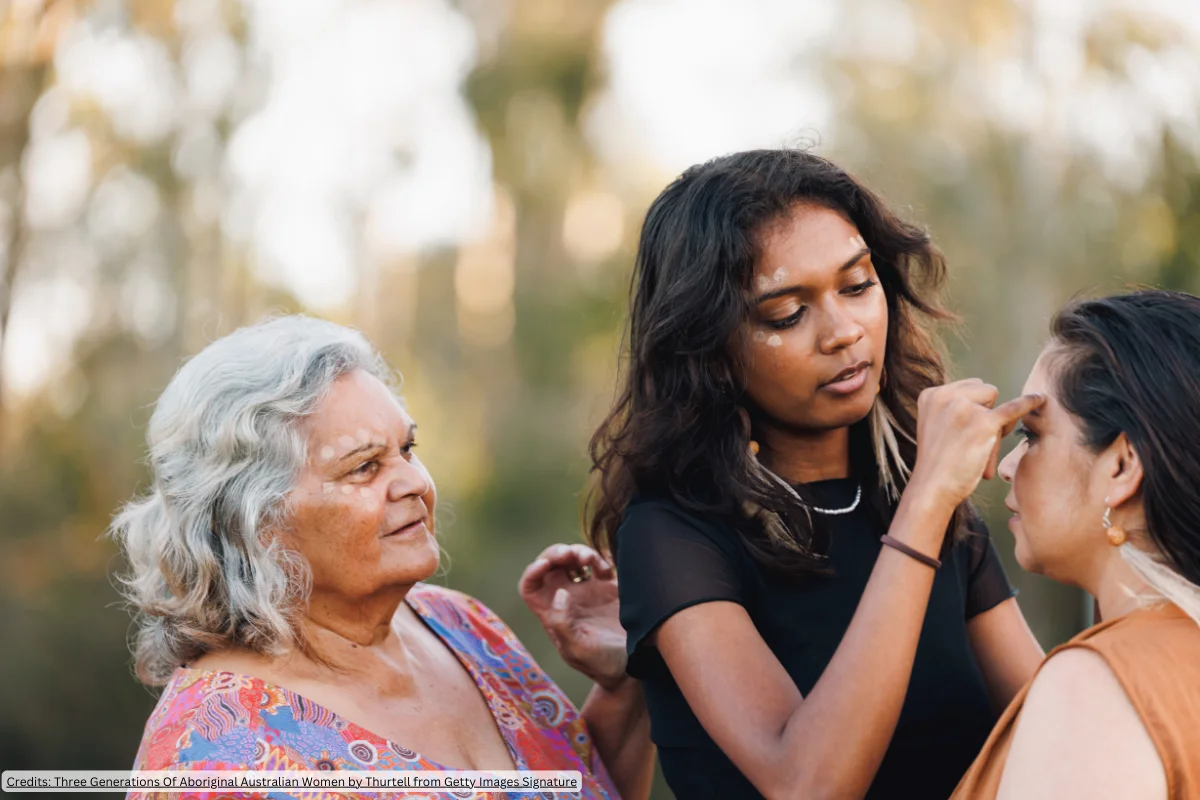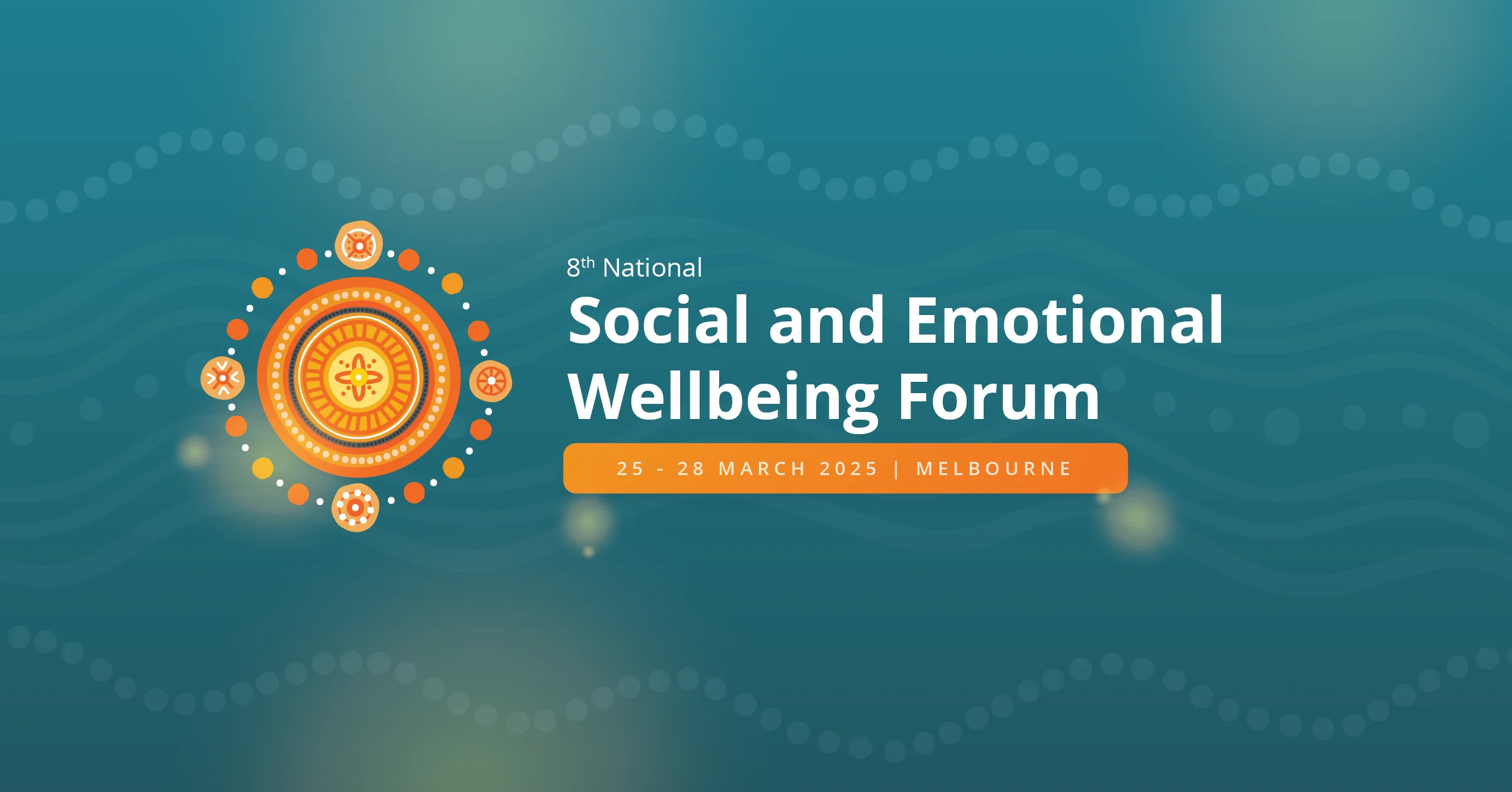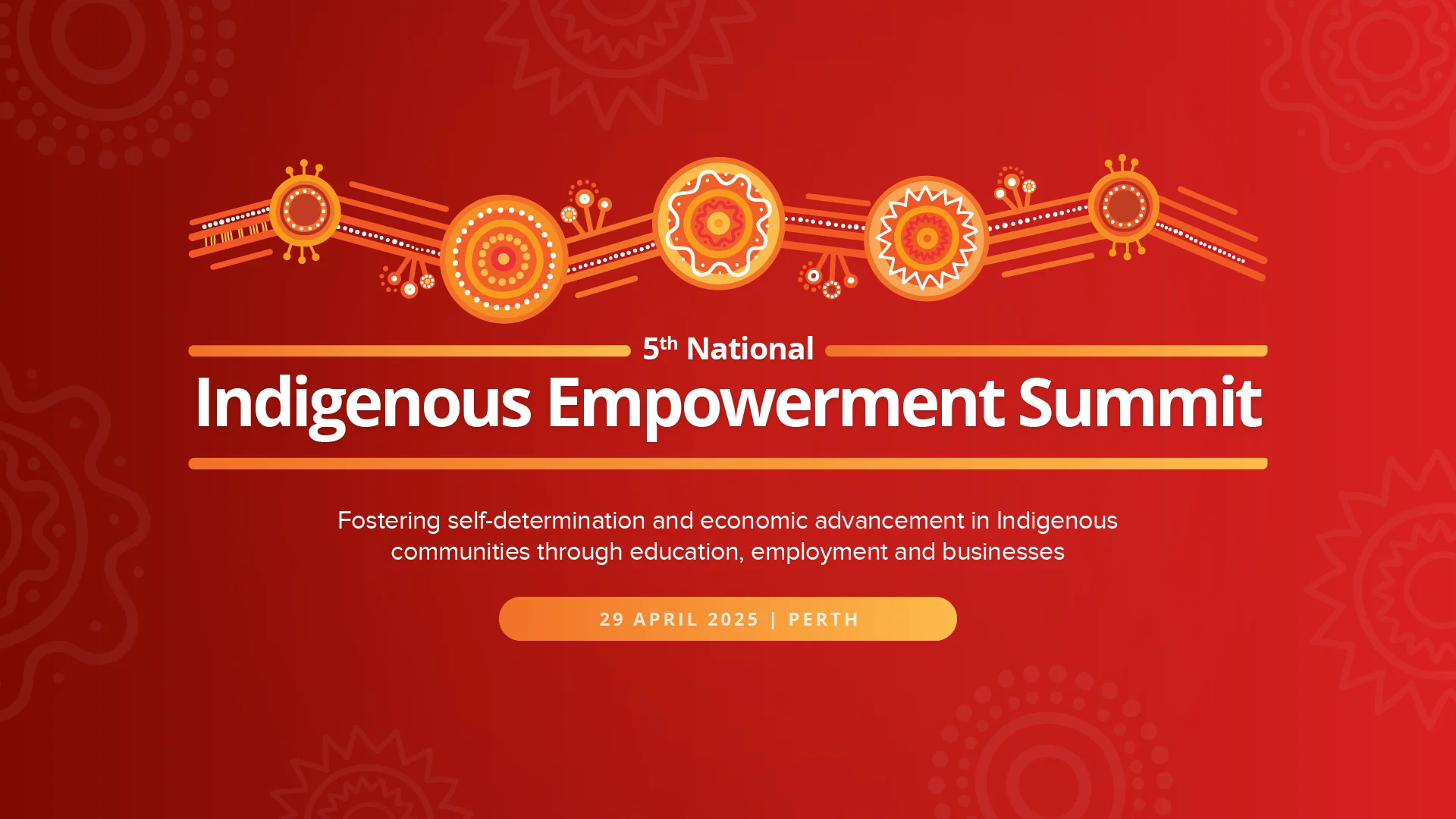As most fundraisers can attest, the entry to the fundraising world often isn’t planned, which makes it harder to be well prepared or know how to succeed.
Very few of us are aware of the option of being a fundraiser, let alone have planned to take steps to achieve it. There are no clear-cut career paths or qualifications to attain before you start out, and each fundraising team has their own way of doing things.
With a little guidance though, you can start your journey off right and make your transition into the fundraising world a little smoother.
Below are some resources and tips that I wish I had been given when I first started out in fundraising and some helpful hints to make the most of this learning period.
- Watch Dan Pallotta’s remarkable TED Talk
In this talk, Dan delves into the perception issues facing not-for-profits that keeps the sector working in a shoestring budget while trying to tackle big societal issues.
Dan does a great job of explaining why NFPs should be thinking and behaving like a business and how we could accelerate our impact if we shift perceptions.
As an aside, Dan’s backstory is fascinating and provides a case study that backs up his point. You can watch Dan’s talk here.
- Get to know your new landscape
Sign up to newsletters from local and national governing bodies and peer groups and set aside time to read them.
It is amazing the knowledge that you can get delivered to your inbox free of charge – from grants that are opening to articles on hot topic issues, helpful tips and events.
International groups can be good but you will find that a large amount of what comes out of America is, well, American. The best places to start is the Fundraising Institute of Australia, Philanthropy Australia and Fundraising & Philanthropy.
- Get to know your peers
Fundraising is a relatively small industry and a lot goes on that won’t ever make it to the pages of your favourite industry publication.
New positions are often filled well before they are advertised, grants are given to any trusted acquaintances and valuable information is passed along the grapevine.
So, join a fundraising group if you hear one, head along to events even if you won’t know anyone, and reach out to your counterparts to catch up for coffee.
- Learn the lingo
IMPACT: One of our favourite buzzwords, ‘impact’ refers to the difference that is made to an issue as a result of funding.
Five dollars might not make much of an impact to an international charity, but it will buy a mosquito net that will prevent a child from contracting malaria. Where would you spend your five dollars? Answer: Where it will have the most impact.
HIGH NET WORTH INDIVIDUALS: People with high net worth that can make sizeable gifts to your organisation and are generally managed by the major gifts team or person.
Some appear on Forbes, the Australian Financial Times rich list (or other similar lists) and there is a misconception that these are the best places to seek funding. But don’t fall for it – the best places to start is where you are, with who you’ve got, whether they are high net worth individuals or not.
OUTCOMES: The most likely question to be answered incorrectly is in a fundraising application. It’s easy to say what you will do with the money, but hard to say what you will achieve.
An example is buying colouring pencils and books for a disadvantaged kindergarten. This is something that is done with the money – the outcome is that the children now have a creative outlet, which will help them express themselves and manage emotion, making their transition to adulthood and their futures easier.
Need some extra help with this one? Had back over to TED and watch Simon Sinek’s talk ‘How great leaders inspire action’. Despite the misleading title, trust me on this.
- Get to conferences
As a new hire, you may not be shortlisted from the team to attend the International Fundraising Conference in your first year but if you’re serious about your career, you need to make a commitment to improving your knowledge.
Start with small things like half-day workshops and webinars (you will find these in the emails you’re now signed up to) and progress to bigger local and international events.
What if your organisation doesn’t have a professional development budget? Negotiate attending a conference if you hit an end-of-year target or see if you can fork out for it yourself. This is your career, after all – you get back what you put in. It’s cheaper than the university degree you didn’t need!
Expert tip: whenever you see a speaker who resonates with you, go ahead and sign up to their blog for extra wisdom delivered to your inbox.
Congratulations, you are now well on your way to becoming an invaluable member of the fundraising profession.
 Courtney Henry is a Senior Consultant at Charidy specialising in major gifts, strategy and development.
Courtney Henry is a Senior Consultant at Charidy specialising in major gifts, strategy and development.












